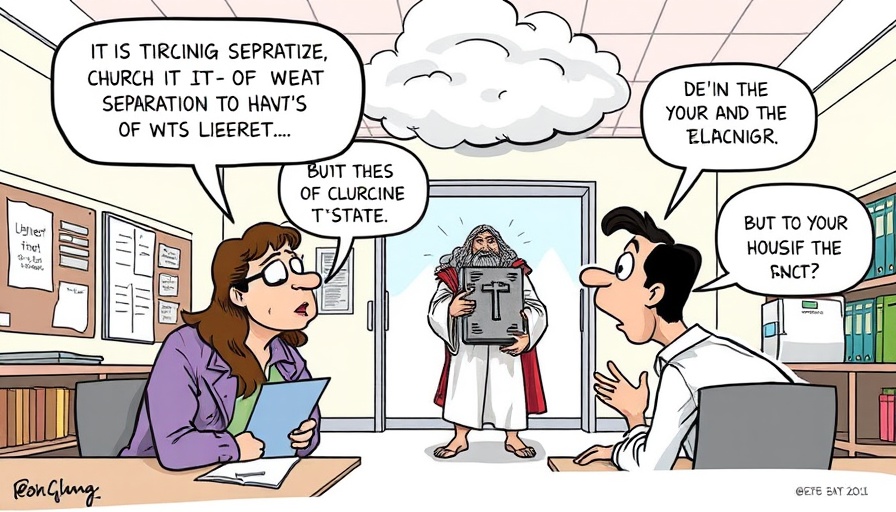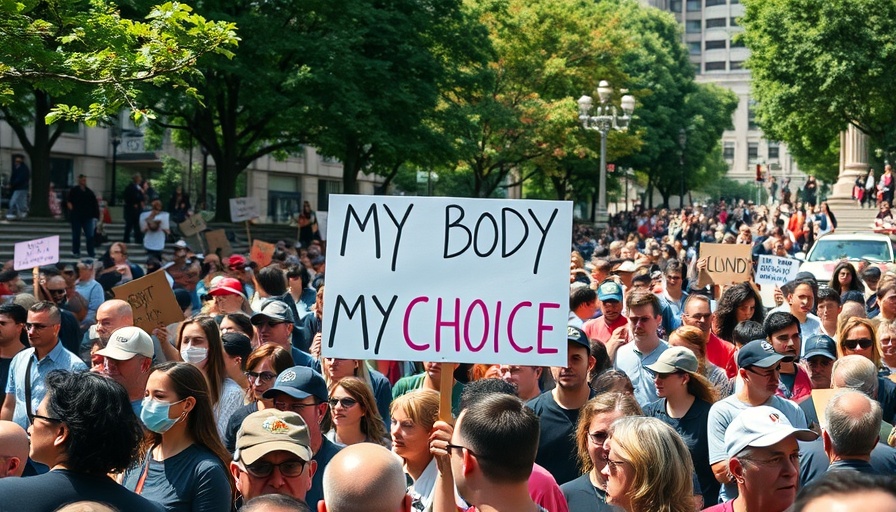
Religion in Texas Schools: A Growing Debate
The ongoing discussion about the role of religion in Texas schools has gained renewed attention, particularly in the context of the state's educational policies. In a landscape where educational standards and curricula are increasingly scrutinized, the intersection of religious beliefs and public education raises questions about inclusivity, representation, and educational integrity.
Understanding the Landscape of Religious Influence in Education
Religion's place in U.S. public schools has been contested for decades, with a notable emphasis on the separation of church and state as guided by the First Amendment. In Texas, recent legislative endeavors aimed at integrating religious elements into public schooling illustrate a significant shift. Advocates argue that this inclusion is a reflection of community values, while opponents view it as a threat to the secular foundation of public education.
The Impact of School Vouchers: Who Benefits?
As discussions surrounding school vouchers become increasingly prevalent, the complexities of religion in education emerge more prominently. School vouchers, intended to give families the opportunity to direct public education funds to private or religious institutions, raise concerns about equitable access to quality education. Critics argue that these policies could entrench socio-economic disparities and further marginalize students from underrepresented backgrounds. Yet, proponents assert that this allows for a more diverse educational ecosystem that accommodates various belief systems.
Current Events and Religious Polarization in Texas
Key events have indicated a rising polarization over educational policies in Texas. The recent legislative sessions have sparked contentious debates wherein numerous bills aimed at relaxing restrictions on religious expressions within schools have been brought forth. These developments reflect broader national trends where educational institutions navigate the nuanced terrain between personal beliefs and state regulations. A balanced understanding of these interactions is vital for constructing effective educational frameworks.
The Emotional Stakes: Understanding Perspectives
The debate around religion in schools is not merely a political issue; it is deeply personal for many families. For parents advocating for the inclusion of religion in educational frameworks, this often stems from a desire to have their values reflected in the institutions that educate their children. Conversely, many families prioritize a secular education that transcends religious boundaries, viewing public schools as spaces that should foster diversity and inclusivity. This dichotomy underscores the emotional weight behind educational policies.
What Does This Mean for the Future?
The crucial question moving forward is how Texas will navigate the delicate balance between honoring religious beliefs and maintaining a secular educational environment. As legislative proposals continue to evolve, stakeholders from diverse backgrounds are called upon to engage in dialogue that reflects community values without compromising foundational educational principles. This dynamic will undoubtedly shape the future landscape of education in Texas and beyond.
As discussions about educational policies continue, it’s important for members of the community to stay informed and involved. Bringing awareness to these issues can help foster a better understanding of how these changes affect our children and their education.
 Add Row
Add Row  Add
Add 




 Add Row
Add Row  Add
Add 

Write A Comment